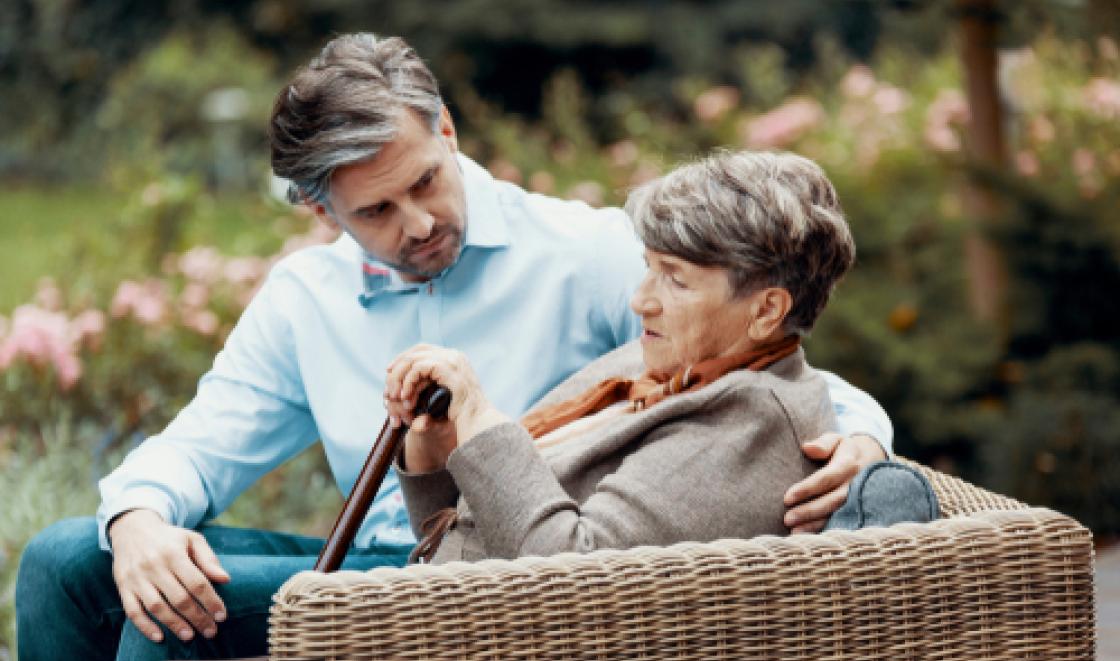This research has had a range of impacts:
Equipped professionals to better recognise, assess and manage breathlessness
Breathlessness is now widely recognised in multiple advanced diseases and is better detected, assessed and treated. Holistic approaches and services are now recommended in nursing, palliative care, geriatric, respiratory, primary care and physiotherapy texts and curriculum. King’s Health Partners – the Academic Health Science Centre for south London – developed a clinical e-learning programme ‘E-Breathe’, on breathlessness management with 3,000+ users globally.
Helped policymakers and commissioner improve the quality of services
The research underpinned recommendations across international, national and local guidelines and policy documents to improve equity, access, efficiency and clinical practice in breathlessness support.
Widened access to helpful non-drug therapies for advanced diseases
Allied health professionals were integral to the service, supporting a range of non-pharmacological treatments, such as mobility aids and breathing retraining. Patients highly valued these components, especially those whose breathlessness restricted them to their home and could not reach outpatient rehabilitation services. These treatments have improved the quality of life for individuals with severe breathlessness and their families.
Benefited voluntary hospices, palliative care services and their leaders
The research has influenced voluntary hospices and palliative care services to transition from traditional day-care models to rehabilitative approaches that focus on breathlessness self-management and physical function.
Provided a rapid response during the Covid-19 pandemic
The pandemic meant people with breathlessness lost access to usual support services. ARC researchers responded rapidly by collaborating with patients, families, and clinicians to create practical home-based guidance for managing breathlessness remotely. This guidance was implemented locally and advocated nationally (eg, Hospice UK) and internationally (eg, European Lung Foundation, with over 275,000 views).
How the ARC has contributed to this work
ARC South London researchers led an NIHR study synthesising the evidence from all studies of breathlessness services on their effectiveness and key service ingredients.
They created a public and patient involvement and engagement group, supported by the ARC, to inform research and spearhead local and national engagement on breathlessness. They also hosted public events – such as at King’s Science Gallery London – to highlight the problem of breathlessness.
